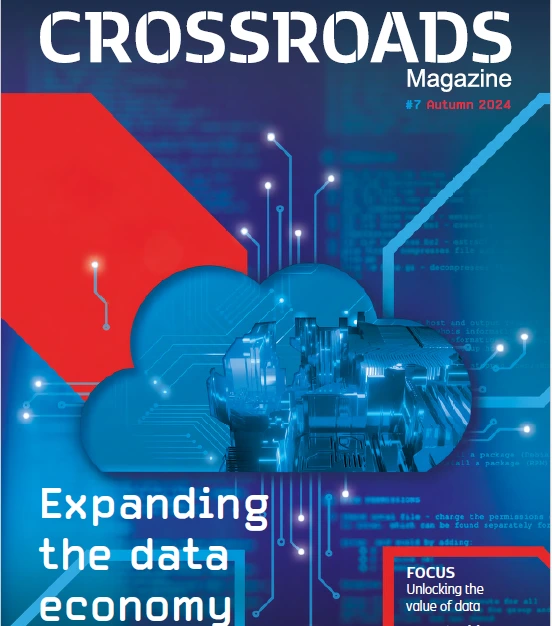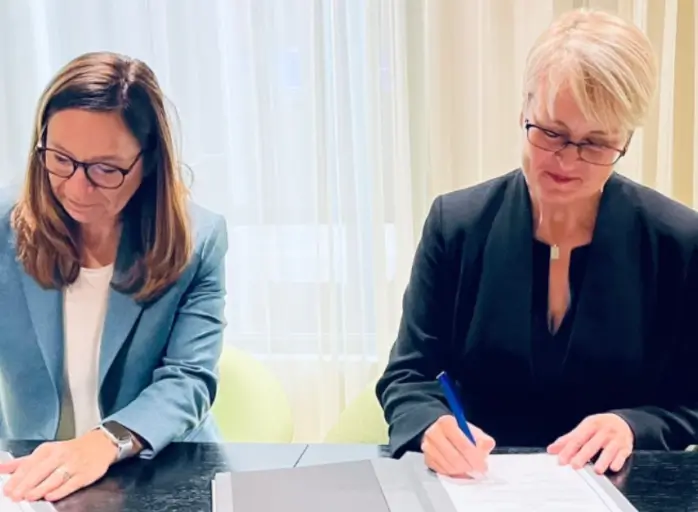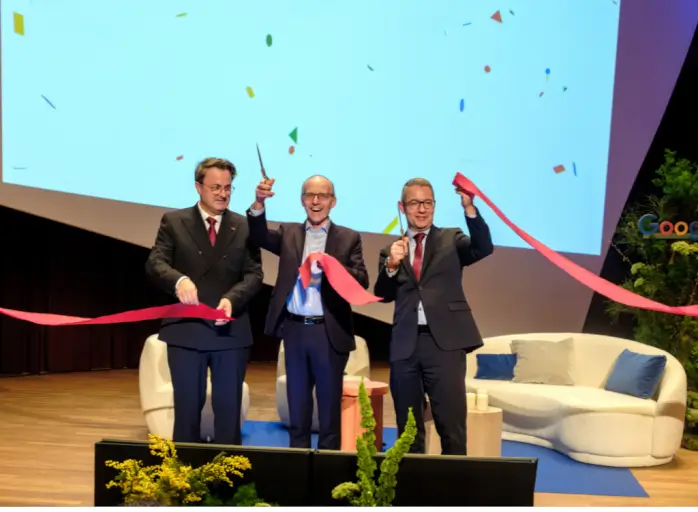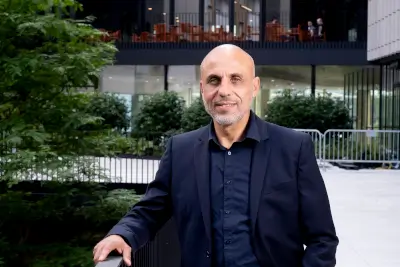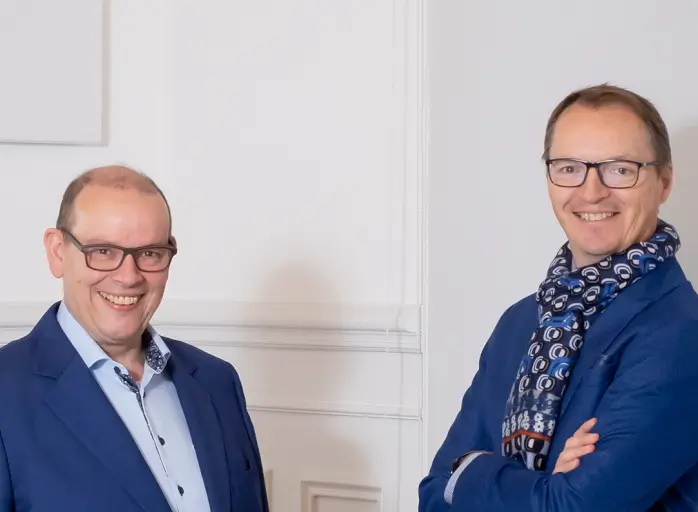

Europe’s first disconnected sovereign cloud solution in Luxembourg
Clarence is interwoven in Luxembourg’s strategy for the data economy. Being fully isolated from the internet, it is Europe's first disconnected sovereign cloud.
 Abigail Okorodus
Abigail Okorodus
“There are several layers or levels of sovereignty when we talk about clouds, which are all going towards the direction of giving users more control of their data,” explains General Manager of Clarence, Pascal Rogiest. Clarence is a joint venture between LuxConnect, Tier IV data center operator and optic fiber provider, and the telephony and ICT provider services Proximus. It offers a fully disconnected sovereign cloud solution that meets the needs of both public and private entities handling sensitive data in Europe.
People and organisations have realised that having sensitive data on the public cloud is a risk.
Pascal Rogiest, Clarence
The solution is driven by a clear gap in the market, and amplified by the current geopolitical context, including the war in Ukraine, the rise in cybercrime, and the implications of international laws on the disclosure of sensitive data. “People and organisations have realised that having sensitive data on the public cloud is a risk. There’s the risk of stealing of data, the risk of interference with intellectual property, the risk of disclosure and more. Securing the privacy of data on a national level, but also on organisational level requires full control of data by clients. This led to the idea of our sovereign cloud,” he mentions.
A cloud solution fully disconnected from the internet
Clarence is a unique offering in the global cloud services market. Before its emergence, all the sovereign cloud solutions have been in the end administered by hyperscalers: Amazon, Google and Microsoft. According to the Synergy Research Group, these big three cloud service providers take up about 66% of the global cloud infrastructure market in 2023.
“Clarence is a fully European solution, with management, engineering and operations handled entirely by Luxembourg entities. And yet we can rely on proven hyperscaler technology. By design, the data of the clients is fully secured and protected from any external misconduct,” asserts Mr Rogiest. A key differentiator is its complete disconnection from the internet, which ensures the highest levels of confidentiality, security, and operational autonomy.
Clarence is a fully European solution, with management, engineering and operations handled entirely by Luxembourg entities.
Pascal Rogiest, Clarence
The sovereign cloud platform is hosted within Tier IV data centres operated by LuxConnect locally, which provides an additional layer of reliability. Proximus Luxembourg manages the cloud platform. “The mission of Proximus Luxembourg is to perform all the engineering tasks of preparing the platform, making sure it is functioning, and giving to the client, a sovereign environment that is physically isolated. Neither Proximus nor LuxConnect have visibility on the data itself, which is totally in the hands of the client.” he clarifies.
Enabling AI and other technology applications
Another attractive dimension is that Clarence is powered for modern AI applications. It leverages Google’s technology stack but operates independently from Google without any involvement of the latter in the day-to-day operations or management. The solution integrates a comprehensive suite of tools from the Google stack, including databases, infrastructure, application services, network management and especially artificial intelligence layers. These tools are fully integrated, allowing organisations to develop their own solutions within a secure environment. Additionally, it includes strong third-party software applications such as SAP, providing a robust platform for businesses to innovate and deploy new technologies within their organisations.
We benefit from all the engineering intelligence, including the AI tools of Google but within an isolated environment.
Pascal Rogiest, Clarence
“The beauty of the solution provided by Clarence is that we benefit from all the engineering intelligence, including the AI tools of Google but within an isolated environment. This allows a massive set of business applications for clients under their full control,” he mentions. “For an organisation using Clarence, there is no pick and choose in terms of tools that you are going to use or not from Google’s technology stack. You get them all. So you benefit from the constant development opportunities which are triggered by Google.”
Trusted cloud platform for European business expansion
For international companies expanding to Europe, Clarence which is a mix of the words “clarity” and “transparency”, can serve as a strategic tool. A significant set of clients whom the organisation is discussing with are precisely international companies that wish to come or be more present in Europe.
“Two key elements often attract international players. One is the de-facto compliance with European regulations, which they cannot avoid if they want to be active in the region. The other is the direct integration into Luxembourg's ecosystem and cloud infrastructure,” concludes Mr Rogiest.
Image by Brian Penny from Pixabay
